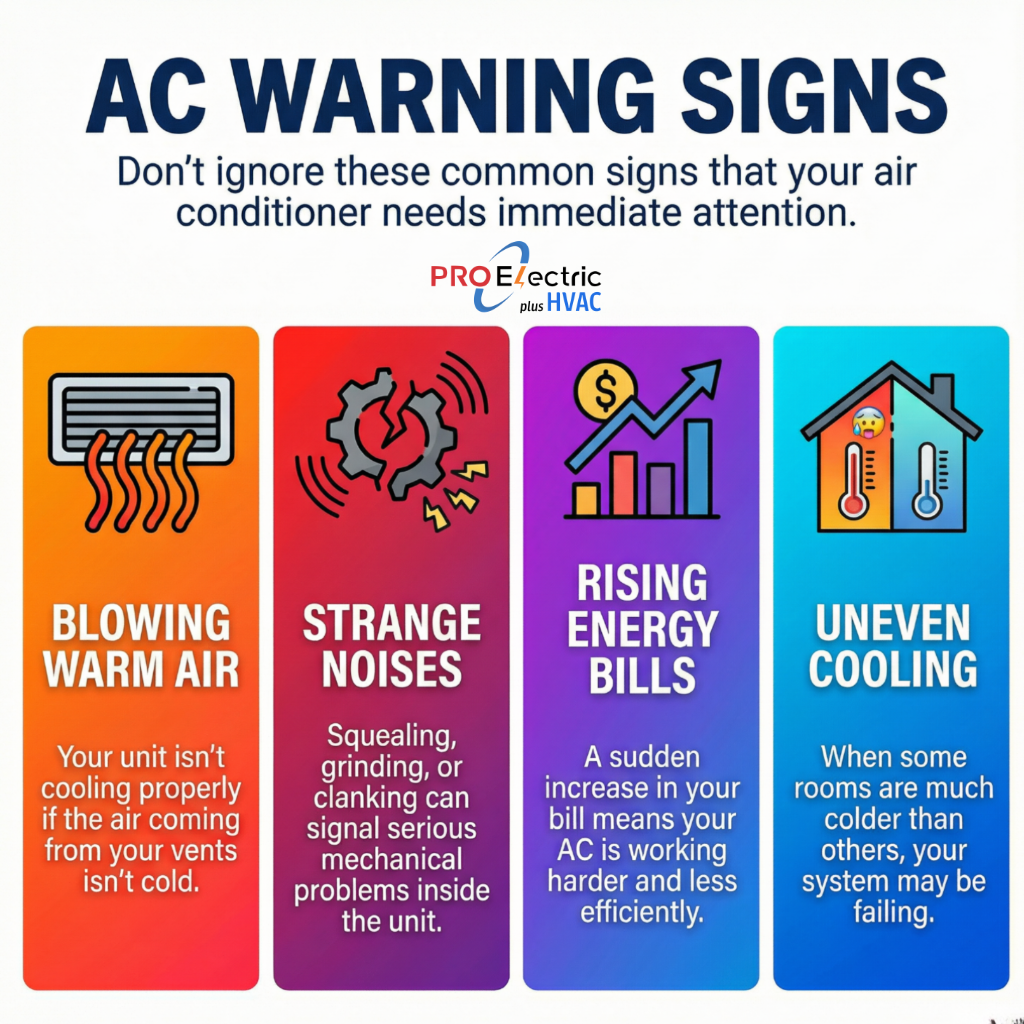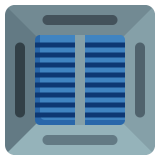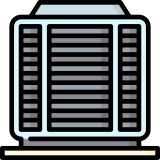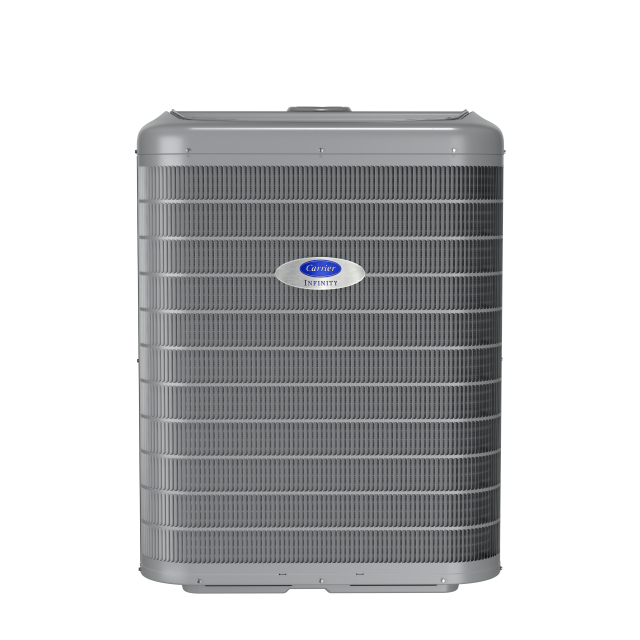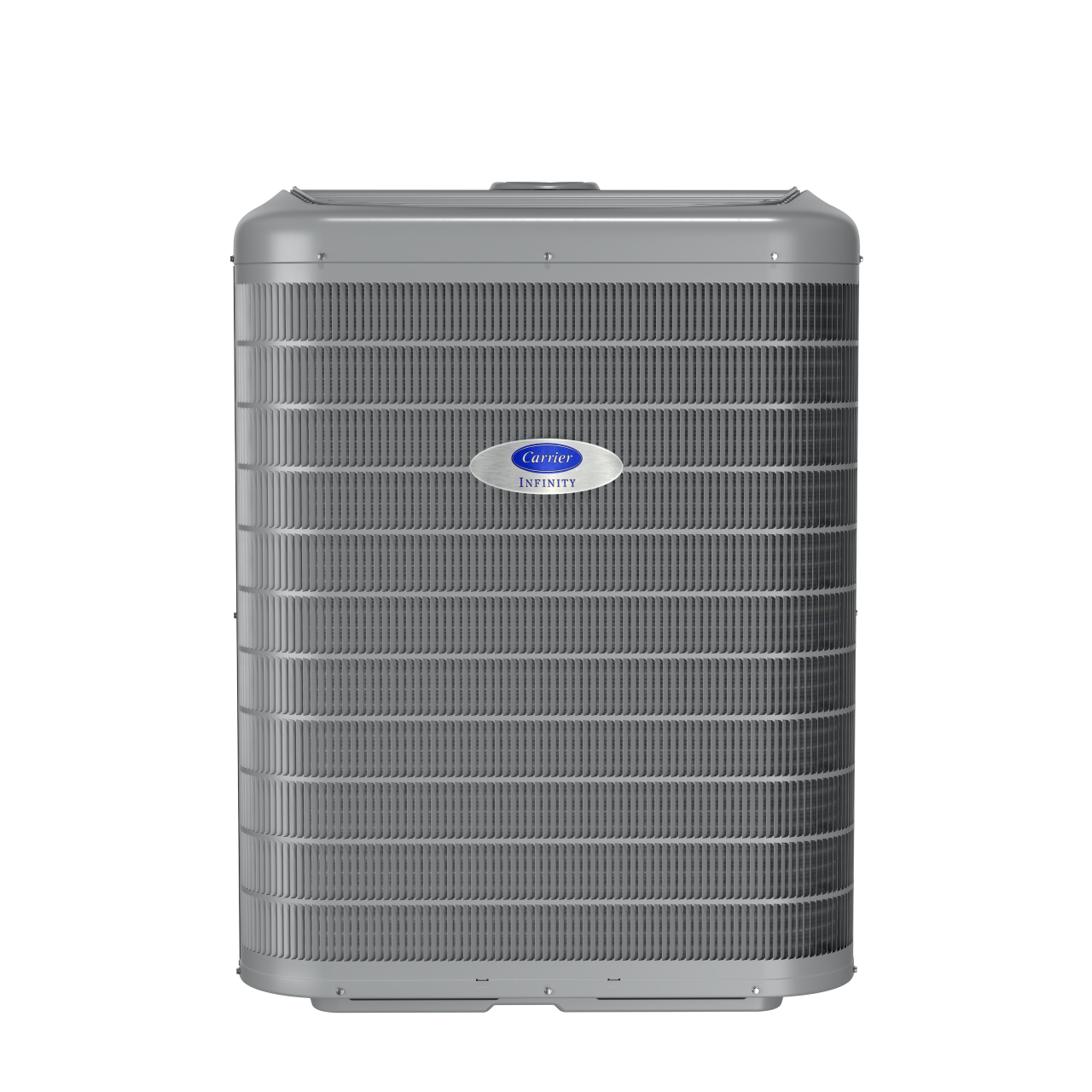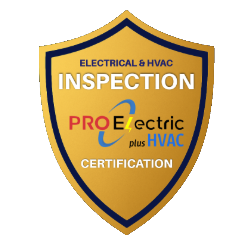PROFESSIONAL HVAC TECHNICIANS - COOL AIR VENTILATIONIce Cold Air Conditioning
Replacement Services & Repairs
Keeping Homeowners Cool in the Hot Summer in Fairfax, Loudoun, Arlington, and Prince William Counties.
WE ARE ALWAYS ON-TIME!Customer Reviews
FAIRFAX, ARLINGTON, LOUDOUN, & PRINCE WILLIAM COUNTIESGet a Free AC Estimate
Don’t settle for a home that’s too hot or too humid. Let us handle your AC replacement or repair today.
Recent Jobs and Reviews in Falls Church, VA
Reviews
Good as always
We have been using Pro Electric several times already. Everyone on the team is nice and got job done without hiccups. Highly recommended.
– Falls Church, VA 22043
Great
– Falls Church, VA 22042
Job Locations
![]()
Peter W.
Replace faulty furnace blower motor
Falls Church, VA 22046
![]()
Jason C.
Whole house surge protector installed
Falls Church, VA 22043
![]()
Peter W.
Install keyless light fixture.
Falls Church, VA 22042
![]()
Peter W.
Breaker panel replacement
Falls Church, VA 22042
![]()
Peter W.
Install Generator Inlet for battery back up
Falls Church, VA 22041
FAIRFAX, ARLINGTON, LOUDOUN, & PRINCE WILLIAM COUNTIESHVAC Service Areas
Northern Virginia


